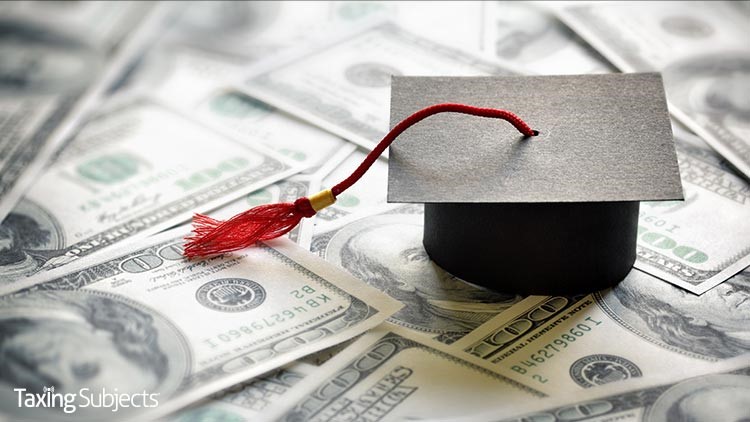New Revenue Procedure Extends Discharged Loan Relief

Tax clients who had their student loans forgiven have even more cause for celebration this week. The Internal Revenue Service announced that Rev. Proc. 2020-11 creates a safe harbor rule for discharged student loans that extends relief from Revenue Procedures 2015-57, 2017-24, and 2018-38.
Student loans can be discharged for a number of reasons. Those that were forgiven for the following criteria can qualify for the safe harbor rule:
- School closure
- Defense to Repayment
- Legal settlements
The IRS says that relief provides the following benefits to taxpayers whose student loans were discharged: “Taxpayers within the scope of this revenue procedure will not recognize gross income as a result of the discharge, and the taxpayer should not report the amount of the discharged loan in gross income on his or her federal income tax return.”
Creditors involved in these loans aren’t going to be left in the dark, either. To this end, the IRS says that it won’t require affected creditors to provide many of the forms associated with facilitating student loans.
“The IRS will not assert that a creditor must file information returns and furnish payee statements for the discharge of any indebtedness within the scope of this revenue procedure,” the agency states in its release. “To avoid confusion, the IRS strongly recommends that these creditors not furnish students nor the IRS with a Form 1099-C.”
It’s important to remember that relief from the safe harbor is not confined to 2020. Obviously, forgiven student loans included in previously published revenue procedures would qualify, but Section 6 also says “Federal student loans discharged by [the Department of Education] in taxable years beginning on or after January 1, 2016” can qualify.
To learn more about the safe harbor, read Rev. Proc. 2020-11 (link below).
Source: IR-2020-11; Rev. Proc. 2020-11



